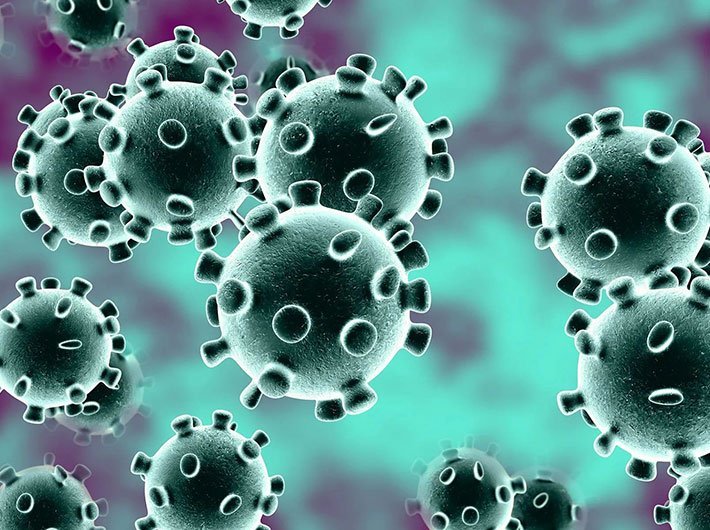In view of the novel coronavirus undergoing mutations in different geographies and displaying increased transmissibility and potential reductions in monoclonal antibody response, the Maharashtra government on Friday tightened relaxations after month-long restrictions.
Instead of level 5 unlock, the state has now reduced relaxations at level 3 which will be the base. Relaxations under levels 1 and 2 have now been done away with. Districts/corporations falling under level 1 and level 2 will automatically slip to level 3 in which malls, theatres are not allowed and restaurants can operate only till 4 pm.
Feedback and experience with not-so-satisfactory Covid-appropriate behaviour (CAB) compliance by public at large as well as deliberations of the task force created for recommendation on Covid Treatment Protocols require revising the order announced on June 4.
Only RT-PCR tests reports through the public health department and the number of vaccinations will be considered for decisions on unlock among other measures which will be decided by DDMA.
The government announced ‘State Level Trigger’ mandating all administrative units irrespective of values of the indices of weekly positivity rate and oxygen bed occupancy percentage to remain at a level not below 3 to be in operation till withdrawn by specific order of SDMA.
The weekly positivity rate will be determined only on the basis of RT-PCR tests and not RAT or other tests for decisions on levels of restrictions to be applied. Data for this shall be made available by the public health department.
“DDMA will take the data from the public health department to decide the level of restrictions to be followed in various administrative units under their jurisdiction subject to State Level Trigger in operation keeping the order of June 4, 2021 as the base level,” noted the government order signed by chief secretary Sitaram Kunte.
DDA has been given the powers to increase the level of restrictions without seeking permission of SDMA in case the number of cases rises. DDMA shall look into two weeks trend before accepting lower level of restrictions.
“When there is an upward trend in number of positive cases being identified daily and requiring a higher level of restrictions than the current one, DDMA shall do so without waiting for two weeks' trends,” the order says.
DDMA shall push vaccination through public awareness activities, achieve vaccination of 70% of eligible population at the earliest, encourage work place vaccinations especially of blue-collar workers, push test-track-treat methodology to contain the spread, enforce upon establishments to ensure safe work spaces with proper air ventilation norms using neither hepa filters or proper exhaust fans due to airborne droplet nature of the virus, carry out large number of tests and percentage of RT-PCR tests vis-a-vis other tests as expected by public health department.
“DDMA will also impose fines effectively on violators of CAB, avoid events/ functions/ activities that lead to crowding, congregations and gatherings, declare containment zones judiciously so that restrictions are imposed on a smaller area, especially defaulting area, make available flying squads for enforcement of CAB specially to check high incidence events like marriages and establishments like restaurants, malls etc.,” the order says.
INSACOG (a consortium of laboratories for Whole Genome Sequencing in the context of Covid 19 pandemic) has intimated that delta plus variant is currently a variant of concern (VOC) having increased transmissibility, stronger binding to receptors of lung cells and potential reductions in monoclonal antibody response.
The union health ministry on Friday said that 90% of new Covid-19 cases are now being driven by the variant also known as B.1.617.2 Maharashtra is the only state to report 20 Delta Plus cases followed by 7 in Madhya Pradesh, 9 in Tamil Nadu, 3 in Kerala and 2 in Punjab.
Maharashtra reported its first death due to Delta Plus variant as an 80-year-old patient with co- morbidities died Friday.
The state public health department has estimated that in the event of a third Covid wave (potentially imminent within 4-6 weeks), Maharashtra could record up to 50 lakh cases of which 25 lakh would rely on government-run medical facilities.

